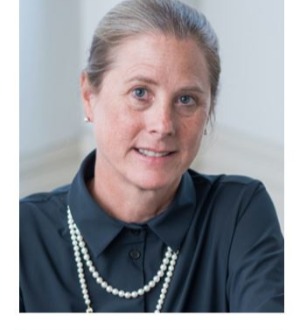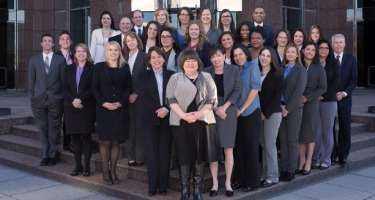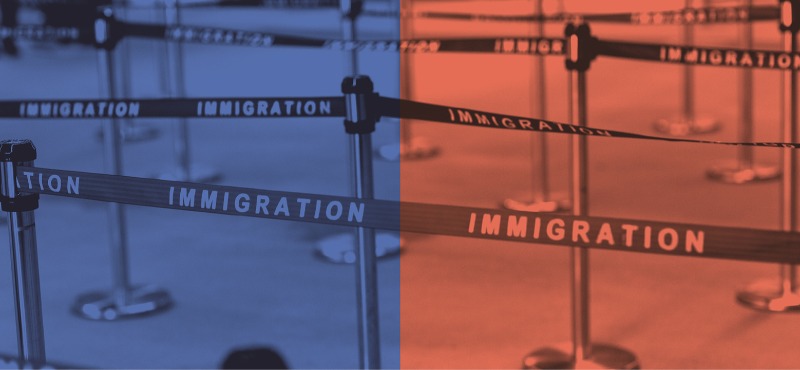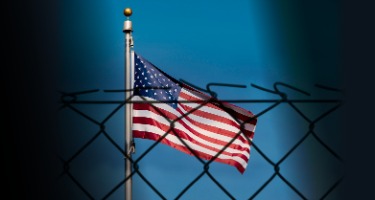Although 2017 saw no major immigration legislation, the Trump administration has nevertheless had a major impact on immigration through executive order and adjudication. The travel ban, termination of Deferred Action for Childhood Arrivals (DACA), deportation, and chain immigration generated headlines and widespread attention. More quietly, similar changes were occurring in the area of business immigration under the policy of Buy American, Hire American.
In the past, there had been bipartisan support for employment-based immigration that brought the best and brightest to the U.S. The sea change has been felt most acutely in the H-1B specialty occupation category. Traditionally, H-1Bs were thought to be available to those professionals with at least Bachelor’s degrees and working in professional jobs. In 2016, approval rates were 92 to 93 percent. In 2017, requests for evidence doubled and denial rates more than doubled to 37.9 percent and 17.6 percent, respectively. Entry-level and computer-related positions were hit the hardest.
The U. S. Citizenship and Immigration Services (USCIS) is reportedly considering a new regulation that would limit H-1B extensions beyond the usual six-year limit for workers who have started the permanent residence status process. This change focuses on language contained in the American Competitiveness in the 21st Century Act (AC21) that was passed by Congress in 2000 to address backlogs in the immigrant visas based upon country quotas.
As the law is currently interpreted, an H-1B worker who has reached the six-year limit can extend H-1B status if certain provisions are met.
This is a departure from a 17-year precedent. The administration has also indicated its plans to end work authorization for spouses of H-1B holders waiting for their visa priority dates to become current. These changes have the greatest impact on tech workers in the U.S. from India, who face years of visa backlogs due to annual country limits on immigrant visas.
Likewise, the immigration community has seen a more restrictive application under North American Free Trade Agreement (NAFTA) of Trade National (TN) status. Most recently, the agency has taken aim at the economist category. Traditionally, the economist category was interpreted to include financial analysts, marketing analysts, and market research analysts who used applied economic principles. USCIS announced on December 18, 2017, that TN status would no longer be granted under the economist category.
Less favorable adjudications have also been seen in the area of intracompany transfers of executives and managers in both the nonimmigrant and immigrant categories. Generally, individuals who were transferred from their companies abroad to the U.S. to perform managerial or executive responsibilities were granted nonimmigrant and immigrant status. In 2017, there was an uptick of requests for evidence and denials of intracompany transfers who have six-figure salaries and manage scores of employees. Even when successfully defended, the issuance of requests for evidence delays transfers of key personnel and increases the costs of sponsorship. Additionally, USCIS is using a more restrictive view of qualifying relationships in joint ventures.
With the increased number of requests for evidence being issued, this is causing further delays.
In August, USCIS indicated that it would be expanding in-person interviews for employment-based permanent residence applicants under the policy of “extreme vetting.” Previously, employment-based applicants were not routinely interviewed unless there were issues, such as the need to validate identity, legal status, or fraud. All applicants have always been subject to fingerprinting/biometrics and background checks. As the field offices are not getting the additional resources to handle the increase in volume, this is bound to cause backlogs in adjudication.
USCIS is making itself less available to attorneys representing immigrants and to members of Congress. USCIS and immigration lawyers have long enjoyed regular liaison meetings. Although the groups did not always agree, the meetings have been used to disseminate information and bring issues to the government’s attention. Although Ohio still enjoys this communication, an increasing number of field offices are discontinuing this outreach. Likewise, members of Congress are seeing their access to USCIS restricted. USCIS is currently considering requiring an original notarized form for each congressional inquiry into a pending constituent matter.
Without a public debate or a major change in immigration law, this administration has had substantial impact on business immigration, making the process more onerous, expensive, and longer.
--------------------------------
Karen Gabriel Moss is a partner at Nicola, Gudbrandson & Cooper where she practices exclusively in the area of immigration. Moss was named “Immigration Lawyer of the Year” in 2016 by Best Lawyers® and has been consistently selected by her peers in the field.
--------------------------------

































